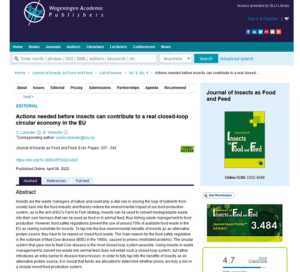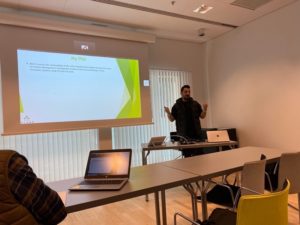
On the 20th of April, Abdulhamid (Abood) Aliahmad had his one-year follow-up seminar.The presentation focused on the findings of the first study and inputs from the second study.
The first study focuses on evaluating whether the current state of knowledge concerning urine recycling technologies is sufficient to facilitate upscaling development and increased diffusion. Knowledge development and diffusion is a key function in the development of technological innovation systems (TIS). The study proposes a multi-criteria framework, together with bibliometric analysis to conduct such evaluation. The second study will follow up on this one examining other functions of the TIS.
He preliminary concluded that urine recycling TIS has the tendency for strong publication rate growth and diffusion between countries. However, the function still has insufficiency in some criteria. The analysis identified the lack of innovation in scientific research and the lack of diversification of emerging technologies into the TIS as weak elements. The frequency of research publication and pilot-scale implementations on each technology shall be higher.
He also included the proposed approaches for his next two studies. The seminar ended with many interesting questions and discussions.
If you want to know more about his research, click here.

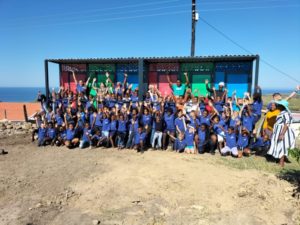
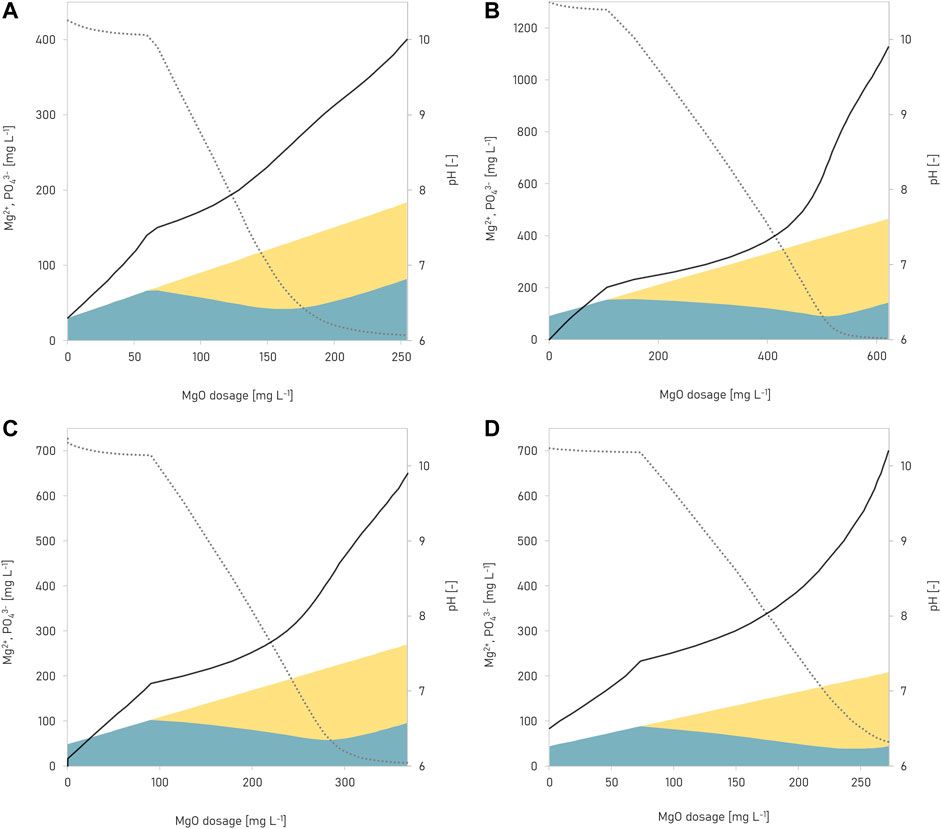

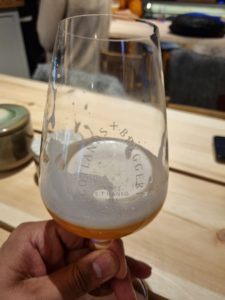 The SLU Drying team travelled to Gotland join Jenna Senecal (Sanitation360), Johannes Obermeier (Brewmaster, Gotlands Bryggeri), and the Science Park Gotland team to take part in the tasting of beer brewed at Gotlands Bryggeri. This special event evaluated the quality of barley that was grown last summer (2021) on Gotland with urine fertilizer. The Master Brewer was happy with the results!
The SLU Drying team travelled to Gotland join Jenna Senecal (Sanitation360), Johannes Obermeier (Brewmaster, Gotlands Bryggeri), and the Science Park Gotland team to take part in the tasting of beer brewed at Gotlands Bryggeri. This special event evaluated the quality of barley that was grown last summer (2021) on Gotland with urine fertilizer. The Master Brewer was happy with the results!